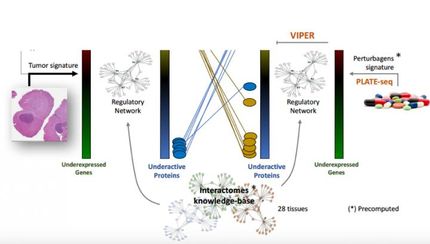INTELENCE (Etravirine) Receives Marketing Authorisation in the European Union for HIV Combination Therapy
Advertisement
The European Medicines Agency (EMEA) has granted marketing authorisation for the anti-HIV medication INTELENCE(TM) (etravirine). INTELENCE is a next generation non-nucleoside reverse transcriptase inhibitor (NNRTI) showing efficacy in patients with NNRTI-resistant HIV. Also known as TMC125, INTELENCE was developed by Tibotec Pharmaceuticals, Ltd., and will be marketed inEuropeby Tibotec, a division of Janssen-Cilag. Janssen-Cilag International NV will hold the marketing authorisation.
"NNRTIs have been trusted by physicians and used in antiretroviral therapy for more than a decade, but NNRTI resistance has limited the use of this important class of HIV medication," said ProfessorChristine Katlama, Head of the AIDS Clinical Research Unit in the Department of Infectious Diseases at Pitié-Salpêtrière Hospital in Paris, France. "INTELENCE extends the NNRTI class to thousands of treatment-experienced patients in Europewho have NNRTI-resistant virus, providing them with the potential to suppress their virus to undetectable levels - the ultimate treatment goal."
INTELENCE, in combination with a boosted protease inhibitor and other antiretroviral medicinal products, is indicated for the treatment of human immunodeficiency virus type 1 (HIV-1) infection in antiretroviral treatment-experienced adult patients.
This indication is based on week 24 analyses from two randomised, double-blind, placebo-controlled phase III trials in highly treatment-experienced patients with viral strains harbouring mutations of resistance to non-nucleoside reverse transcriptase inhibitors and protease inhibitors, where INTELENCE was investigated in combination with an optimised background regimen (OBR) which included darunavir/ritonavir.
The data showed that significantly more patients in the INTELENCE arm achieved undetectable viral load (less than 50 copies/mL) compared to placebo (58.9 percent vs. 41.1 percent [p<0.0001]). INTELENCE was generally safe and well tolerated. Rash, generally mild to moderate, was the most common adverse event of moderate intensity or greater (> grade 2) associated with INTELENCE compared to placebo (9 percent vs. 3.2 percent).





















































